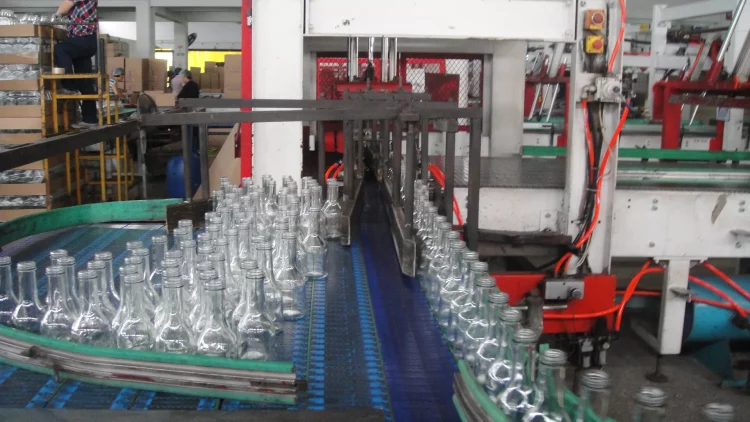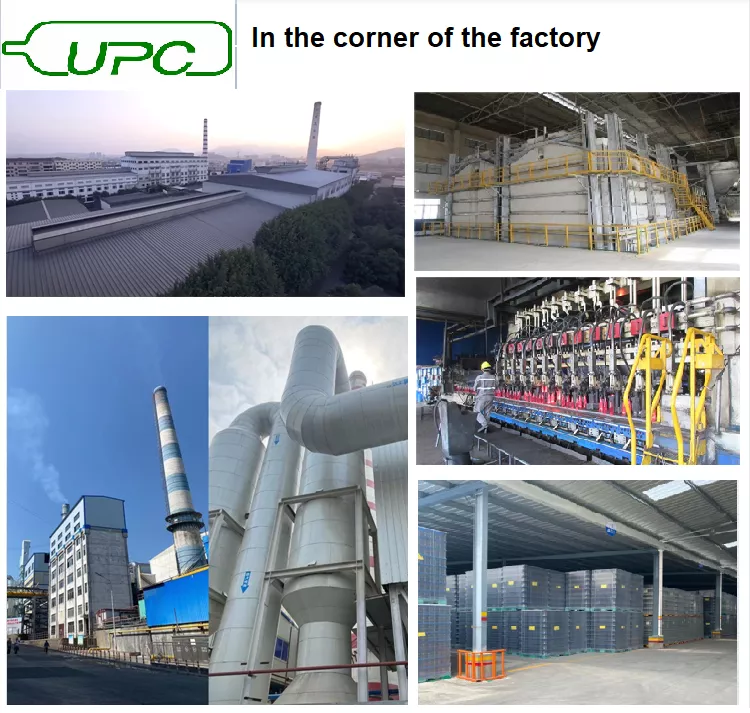As the world slowly wakes up to the scale of the plastic pollution problem, an increasing number of countries and cities are introducing bans on certain products. Not only can they help to prevent plastics from entering marine ecosystems, but they’re also addressing the myth that we can recycle our way out of the problem.Besides the fact that of the 8.3 billion tons of plastic produced between 1950 and 2015, only 9% has been recycled, many of the plastic products manufactured today are not actually recyclable.

the World Wide Fund for Nature (WWF) noted that 570,000 tons of plastic waste ends up in the Mediterranean alone each year — equivalent to dumping 33,800 plastic bottles into the sea every minute.

Glass is the trusted and proven packaging for health, taste and the environment.It is also the only widely-used food packaging granted the FDA status of “GRAS” or generally recognized as safe – the highest standard.It’s also 100% recyclable and can be reused endlessly with no loss in quality or purity.

Glass is nonporous and impermeable, so there are no interactions between glass packaging and products to affect the flavor of food and beverages. No nasty after taste – ever.
Glass has an almost zero rate of chemical interactions, ensuring that the products inside a glass bottle keep their strength, aroma, and flavor.
When consumers choose foods or beverages that are packaged in glass, they avoid potential risks while enjoying a number of benefits.
spirits, wine and container glass sectors support the objectives of the Packaging & Packaging Waste Regulation (PPWR). Our members are fully committed to improving product sustainability and to reducing the weight of their packaging. Light-weighting and innovation help us cut costs and carbon footprints.

Our consider that it is critical to understand and acknowledge the value added of packaging in the product and the diversity of packaging functionalities to contribute to innovation, competitiveness & sustainable growth.
We believe that packaging should be designed so as to optimise its volume and weight while maintaining its ability to perform the packaging functions and allowing for reasonable and proportionate design differentiation.
